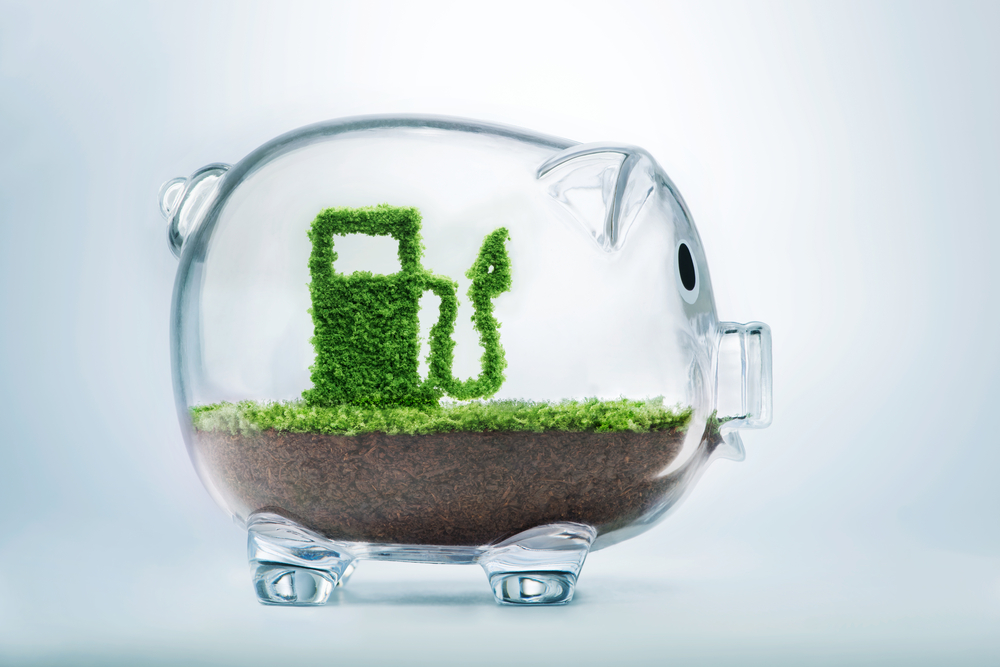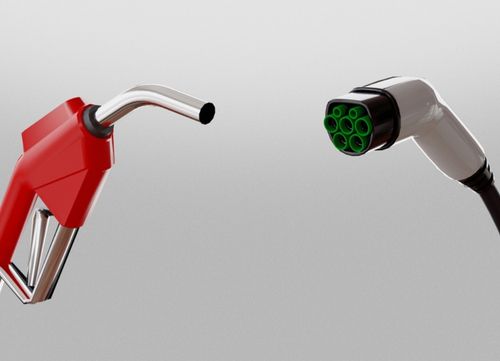How much money can EVs save your fleet?
By SG Fleet | 04 October 2022

Here at SG Fleet we offer a market-leading commercial electric vehicle leasing service. However, we’re aware that many fleet-based businesses still see electric vehicles as currently too expensive across the total lifecycle to be cost-effective.
But is that really the case?
In this post we explain why it’s not, and outline exactly how running electric cars can save your fleet money.
Are EVs more expensive than regular cars?
Yes… but also, no! While it’s true that the up-front cost of an electric vehicle is typically higher, the average lifetime cost of an electric car is now actually lower. That’s according to a study from insurer Direct Line, which places the average EV lifetime cost at £52,133 vs £53,625 for an equivalent ICE car.
But how exactly is that now the case?
How can EVs save your fleet money?
For starters, the average EV car currently costs around £5,000 more than a petrol or diesel equivalent.
Additionally, much of the paperwork and maintenance (tax, MOTs, servicing etc) around EVs is almost 50% lower than for ICE vehicles.
Offsetting that somewhat however are insurance and breakdown costs. The former can be 25% higher for EVs, while Fleet News reports EV breakdown costs can be as much as three times higher.
But then you have fuel costs

One of the biggest expenses for any fleet-based business, those costs are only increasing as petrol and diesel prices skyrocket. And the more vehicles in your fleet, the more that applies. On top of this, if you’re wary of meeting 2025 and 2030 EU standards for fleet emissions, sticking with petrol or diesel vehicles could really impact your finances when the associated sanctions come into play.
And that’s all part of how running electric cars can save your fleet money.
How much can your fleet save with electric cars?
To illustrate how going electric can save your fleet money on fuel, we’ve used Zap-Map and compared three different vehicles across three different journey lengths – based on different ways your fleet might operate. You’ll find a savings breakdown at the bottom of each.
Bear in mind that we’ve used a popular electric car here and compared it with its petrol and diesel equivalents. However, on the whole the savings trends you can see below also extend to light commercial vehicles.
We’ve calculated these based on The AA’s August 2022 fuel price report which outlines an average petrol price of 173.5p per litre and an average diesel cost of 184.2p.
Where charging costs are concerned, with the average price set to increase in October, we’ve used a predicted cost of 36p per kWh for at-home/business charging (not including refuelling stops).
The 25-mile daily commute

- Annual electric saving vs diesel: £756
- Annual electric saving vs petrol: £843
The 50 mile a day/250 mile a week delivery route

- Annual electric saving vs diesel: £1,511
- Annual electric saving vs petrol: £1,683

A monthly 300-mile business trip or long-haul delivery

- Annual electric saving vs diesel: £298
- Annual electric saving vs petrol: £332
The numbers above make it clear how running electric cars can save your fleet money when it comes to one vehicle alone. For fleets with 100+ vehicles, those savings only increase exponentially, too.
Of course, one caveat on the long-haul journey is that an the ID.3 has a battery range of around 265 miles – so some public charging would be necessary. For more on that – including expected charge times, networks and locations – see Zap-Map’s guide to public EV charging.
Thinking of switching your fleet to electric fuel?
If so, our team of experts can help you with every stage of the process.
To learn how, read the blogs below then get in touch by emailing CSalmon@sgfleet.com or calling 0344 854 5100.


.png)


.png)
.png)
.png)